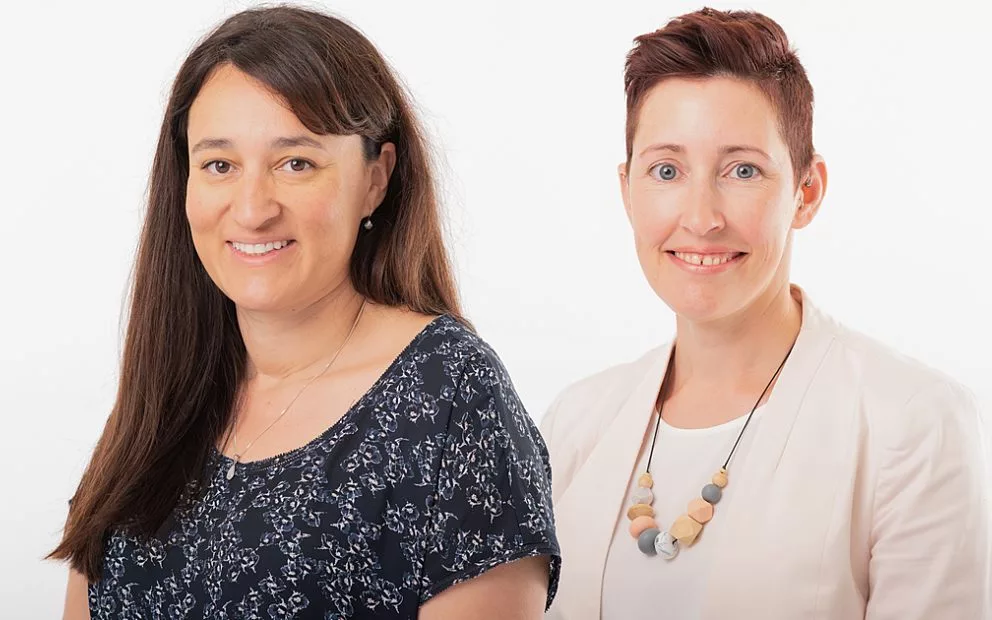South Australian aged care providers can now access an individualised quality and safety monitoring report to measure their performance and compare results with other facilities around the nation.
The Registry of Senior Australians (ROSA), based at SAHMRI, includes an Australian Clinical Quality Registry designed to monitor, evaluate and inform the quality of care provided to older Australians.
The ROSA team, led by Professor Maria Inacio, developed the ROSA Outcome Monitoring System (OMS), now being used to assess the level of care being delivered to individuals.
The ROSA OMS Reports summarise aged care provider and facility-level performance based on twelve indicators for residential aged care services and fifteen indicators for home care package services.
The indicators were co-designed with an advisory team comprised of aged care providers, clinicians, consumer representatives and advocacy organisations.
The quality indicators were risk-adjusted to ensure performance comparisons account for the different characteristics and health status of individuals cared for within each facility or provider.
Five of the indicators align with those included in the Australian Government National Mandatory Aged Care Quality Indicator Program.
Before being released to South Australian aged care providers, the ROSA OMS contributed significantly to informing the Royal Commission into Aged Care Quality and Safety investigations and the national aged care reforms that are currently underway.
Many providers have taken the opportunity to request their copy of the reports since they were made available in late 2022.
“It’s been pleasing to see the overall uptake so far, but we’re still waiting on around 40 aged care facilities in SA to put their hand up for the reports,” Prof Inacio said.
“We’re encouraging those providers to reach out and request a copy to help them improve their future performance.”
The first release of the reports includes information on 4,127 individuals living in 243 permanent residential aged care facilities in SA. Of the 12 indicators examined, antibiotic use (51%) had the highest prevalence, followed by exposure to a high sedative load (38%), incidence of emergency department presentations (23%), exposure to chronic opioid use (17%) and antipsychotic use (16%).
Kalyra, one of South Australia’s residential aged care providers, received a copy of their ROSA OMS reports when it was released. CEO Sara Blunt, a recognised leader in the Australian aged care industry with decades of experience, says the reports are a valuable tool that senior aged care executives and clinicians can use to better understand and improve care.
“One of Kalyra’s key traits is innovation and we’re always striving to provide high quality services and be at the forefront of new developments in our sector, so we quickly jumped onboard to receive our reports,” Ms Blunt said.
“This has been useful in enabling us to examine differences in our facilities performance compared to other providers. To be able to access these reports from data that is already being collected so there is no additional data collection required of our busy residential aged care staff is a game changer. We want our staff delivering care and services, not filling in more forms, so I am very excited about this terrific innovation in how data is utilised”.
The ROSA OMS Reports for South Australian home care package service providers are planned to be released in mid-2023.
The residential and home care reports will continue to be made available every 12-18 months, depending on data availability.
The ROSA Research Centre offers consultation sessions with aged care providers to explain the information presented in the reports in more detail and answer any questions.
South Australian Aged Care providers and facilities can request to receive a copy of their individualised ROSA OMS report by emailing the ROSA Research Centre at rosa.oms@sahmri.com. Further information is also available on the ROSA website.
The reports aren’t shared publicly, but consumers are encouraged to ask their facilities for their results to promote transparency.





